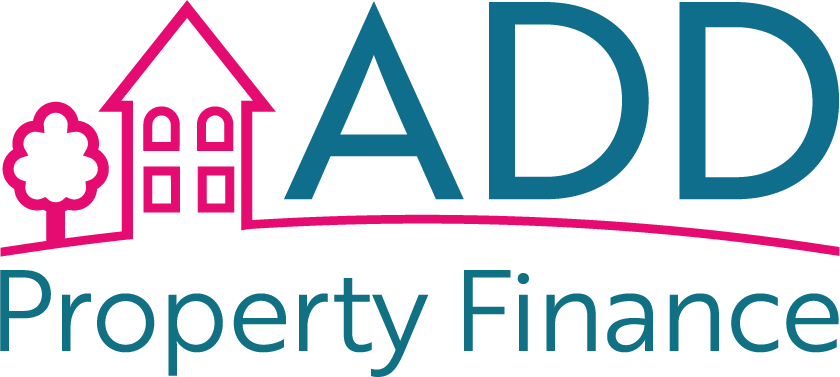Property development projects often require substantial financial backing, and choosing the right financing option is crucial for success. Two common choices for property developers are bridging loans and traditional mortgages. In this article, we will conduct a detailed comparison to help you determine which option is best suited for your property development endeavours.
1. Speed and Timing
Bridging Loans: Bridging loans are known for their speed. They provide quick access to funds, making them ideal for seizing time-sensitive opportunities, such as property auctions or projects with tight timelines.
Traditional Mortgages: Traditional mortgages typically involve a more extended application and approval process. They may not be suitable when timing is critical.
2. Property Types
Bridging Loans: Bridging loans are versatile and can be used for various property types, including residential, commercial, and land purchases. They are particularly useful for properties that may not meet the criteria of traditional lenders.
Traditional Mortgages: Traditional mortgages are often more selective in the types of properties they finance, favouring established, move-in-ready homes.
3. Repayment Period
Bridging Loans: Bridging loans are typically short-term, with repayment periods ranging from a few months to a couple of years. They are designed for interim financing until a more permanent solution is in place.
Traditional Mortgages: Traditional mortgages offer longer repayment periods, often spanning 15 to 30 years. They are better suited for long-term property ownership.
4. Approval Criteria
Bridging Loans: Bridging loans focus less on the borrower’s credit history and more on the property’s value and the exit strategy for repaying the loan. This can be advantageous for developers with unique or unconventional projects.
Traditional Mortgages: Traditional mortgages place a significant emphasis on the borrower’s creditworthiness, income stability, and employment history. Meeting these criteria can be challenging for some property developers.
5. Interest Rates and Costs
Bridging Loans: Bridging loans typically have higher interest rates and associated costs due to their short-term nature and flexibility. However, they provide rapid access to capital.
Traditional Mortgages: Traditional mortgages offer lower interest rates, making them cost-effective for long-term property ownership. However, they involve more extended approval processes and may not suit time-sensitive projects.
6. Exit Strategy
Bridging Loans: Bridging loans require a clear exit strategy for repayment, such as property sale, refinancing, or obtaining a traditional mortgage. Developers must have a plan in place to settle the loan.
Traditional Mortgages: Traditional mortgages do not require an immediate exit strategy beyond regular monthly payments. They are designed for long-term property ownership.
Conclusion
In the world of property development, both bridging loans and traditional mortgages have their merits, and the choice ultimately depends on your project’s specific requirements and timing. Bridging loans offer speed, flexibility, and versatility, making them suitable for fast-paced opportunities and unique projects. Traditional mortgages, on the other hand, are better suited for long-term property ownership with lower interest rates.
As a property developer, assessing your project’s timeline, property type, credit history, and exit strategy will help you determine which financing option aligns best with your goals. By making an informed decision, you can secure the necessary funds to bring your property development visions to life.







